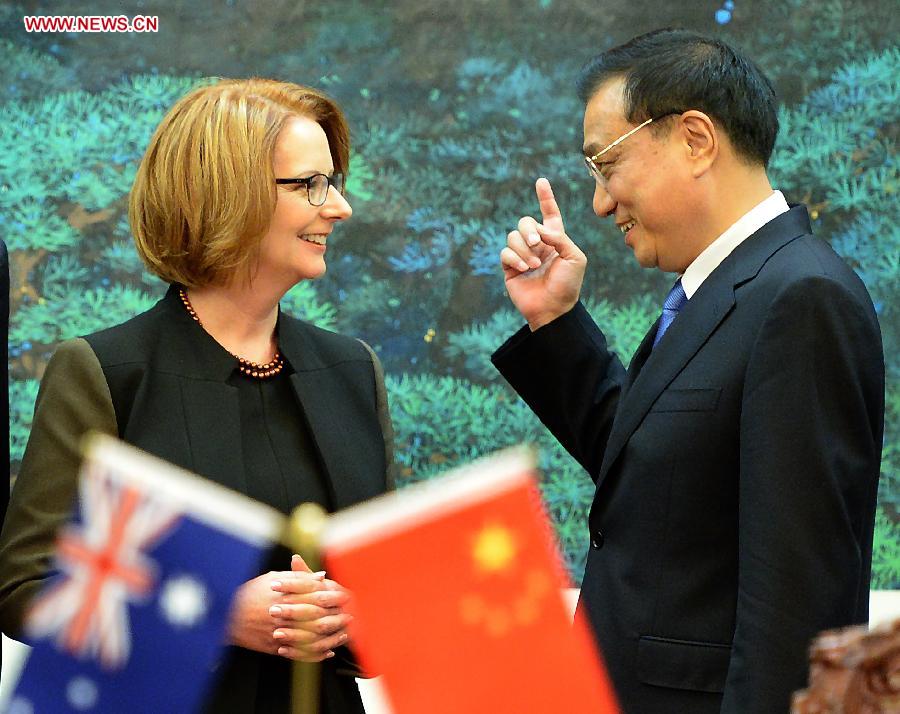Australia’s leaders need to snap out of their China dreamland analyst Patrick Chovanec told the Australian Davos Connection’s China Forum two weeks ago.
What triggered this comment was a speech by Australian Treasurer Wayne Swan to the Financial Services Council in Sydney last September where the Treasurer compared China’s economic performance to sprinter Usain Bolt;
It’s like Usain Bolt easing off a bit at the end of the 100 meters because he’s 10 meters in front and has already smashed the world record.
“My response was that if that’s the way Australia’s leaders are thinking about China’s economy, if that’s the dreamland that they are in, then they need to snap out of it really fast,” Chovanec said in his keynote.
“Because China is facing a very serious and potentially disruptive economic adjustment. A realistic idea of where this adjustment is going is essential to countries like Australia.”
Chovanec’s view is that China cannot sustain current growth rates by “providing the fodder of the consumerist economy.”
This was borne out in the Global Financial Crises where exports fell from 8% of GDP to 2%. To make up for the drop the PRC government stimulated the economy and investment went 42% of the economy to half.
It was this stimulus that drove the soaring commodity prices in recent years and underpins the Blue Sky Vision of Australia’s political and business leaders.
The establishment view is that China will move from infrastructure spending driving the economy to a consumption driven society.
Moving to a consumption driven economy though means a very different Chinese society which means a different group of winners and losers, Chovanec warns.
He also doesn’t see urbanisation as the real driver of the Chinese economy, “If you look around the world, urbanisation has not always driven economic growth.”
“It’s based on a premise that moving people from a rural environment to an urban environment generates productivity gains.”
“Now for China over the past thirty years that has proven largely true,” says Chavonec, “but going forward most of that hanging fruit has been picked.”
“In order to realise productivity gains, China is going to have to discover new areas of competitive advantage.”
The biggest risk that Chovanec sees at present though is the level of bad debts in the economy and the rate of credit expansion with a trillion dollars pumped into the Chinese economy over the last quarter.
“You’re getting less and less bang for the buck from credit expansion.”
Chovanec doesn’t see China’s future as bleak though, “the China growth story doesn’t have to be over.”
“There are a lot of sectors in China where there’s real potential for true productivity gains – agricultural, logistics, health car, services, consumer branding, retail.”
“The challenge for China is not that the growth story is over but the engine of that growth story is going to have to change.”
Dealing with those changes is also a challenge for countries like Australia who have staked all on the current growth story.
Chovanec’s wake up call to Australia’s leaders is timely – the question is how quickly they can wake up to the changes in China.

Leave a Reply